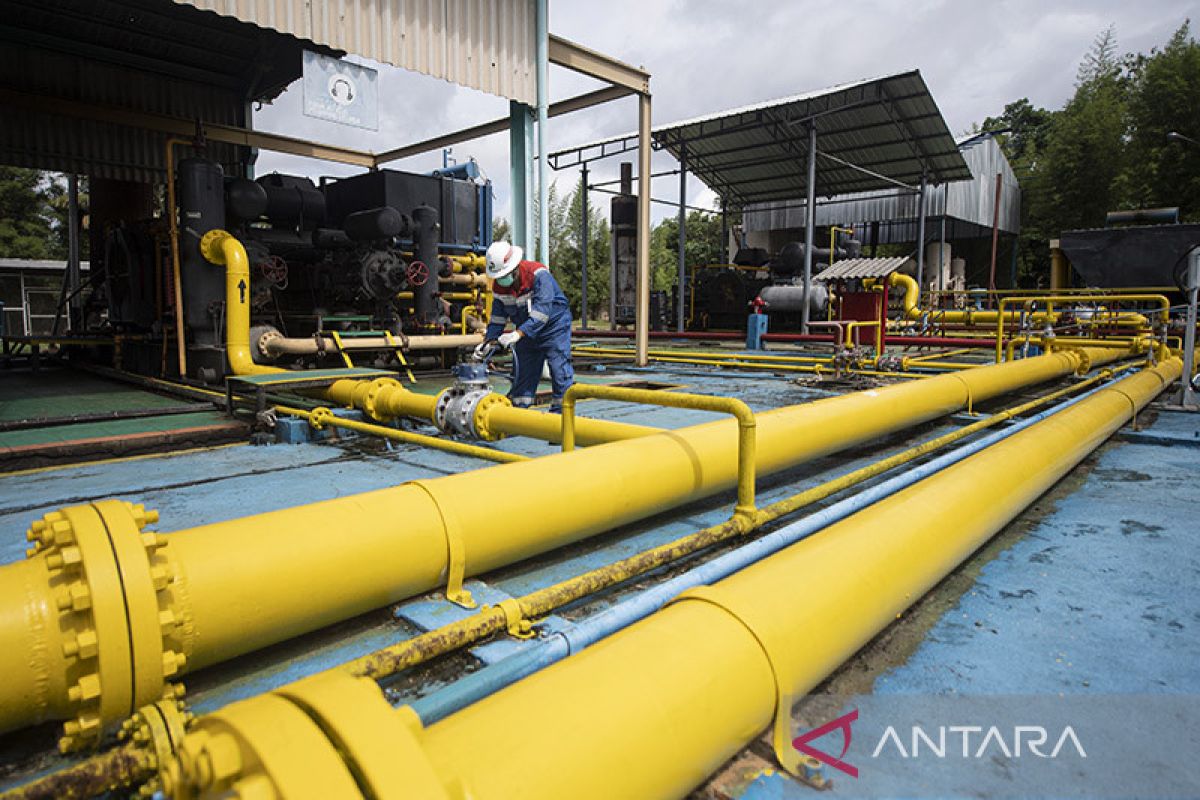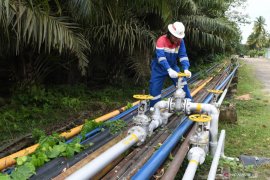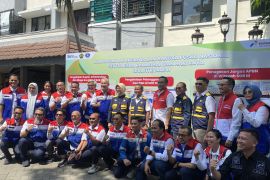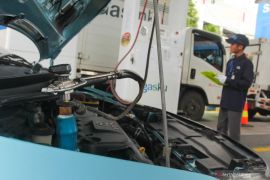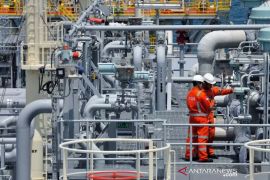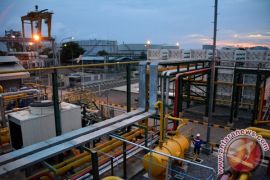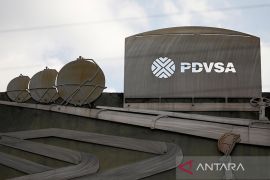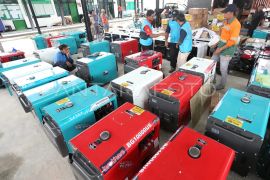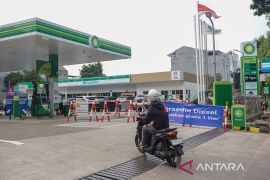"From the target of 19,800 kilometers, some 18,687 kilometers of natural gas pipeline have been built," Head of BPH Migas Erika Retnowati said during a meeting with Commission VII of the Indonesian House of Representatives (DPR RI) in Jakarta on Wednesday.
She noted that the 18,687 kilometers of natural gas infrastructure consists of approximately 5,200 kilometers of transmission pipelines, 5,900 kilometers of distribution pipes, and 7,500 kilometers of gas pipelines.
Currently, the Government continues to develop natural gas infrastructure, in line with the policy to switch to clean energy. Natural gas will replace fuel oil in the power generation, industry, and household sectors, she said.
The government said that the availability of adequate natural gas infrastructure could support the implementation of national development in order to improve the national economy, improve people's welfare, and increase Indonesia's competitiveness worldwide.
Based on the projection of the Ministry of Energy and Mineral Resources, the potential for natural gas reserves nationally has reached 62.4 trillion cubic feet (TCF) with 43.6 TCF of proven reserves that can be produced over the next 20 years.
Of the total natural gas potential, 85 percent is in eastern Indonesia, making the development of natural gas infrastructure as the main key to support national energy security, Retnowati added.
Meanwhile, Chairman of Commission DPR RI Sugeng Suparwoto asked BPH Migas to distribute information regarding Indonesia's needs for natural gas infrastructure.
Currently, the government is building its natural gas infrastructure in the form of a transmission pipeline for the Cirebon-Semarang section of 260 kilometers and the 360 kilometer Dumai-Sei Mangkei pipeline.
Related news: Five villages covered under Balikpapan house gas pipeline project
When this pipeline is completed, Java and Sumatra Island gas will be connected, thereby encouraging industrial growth on the two islands, Suparwoto said.
"The state finally took over the construction of the Cirebon-Semarang (Cisem) gas pipeline with the state budget," he announced.
The natural gas pipeline construction project for the Cirebon-Semarang section is a national strategic project implemented through multi-year contracts in the 2022 and 2023 budgets, through the design and build contract mechanism.
On May 17, 2022, the Ministry of Energy and Mineral Resources signed a construction work contract with two state-owned enterprises, PT Pembangunan Perumahan and PT Elnusa Tbk. Plans call for the project to be finished in 15 months.
Related news: Jakarta needs another 4,000 km of tap water pipelines: official
Translator: Sugiharto Purnama, Resinta S
Editor: Rahmad Nasution
Copyright © ANTARA 2022
